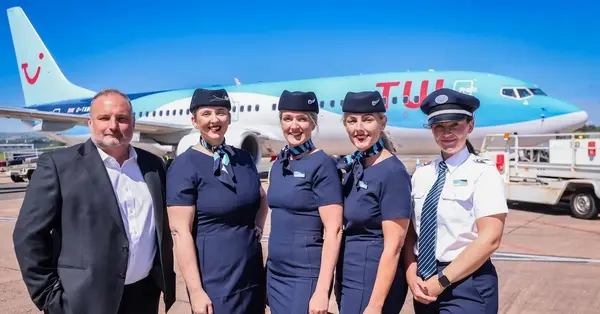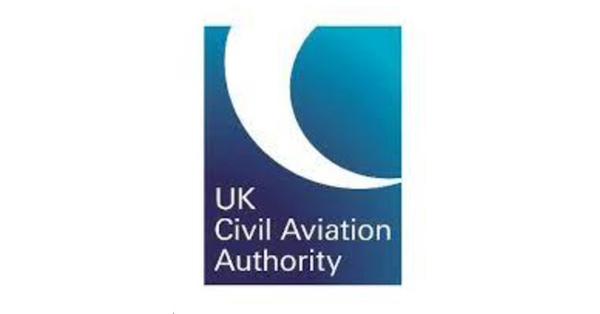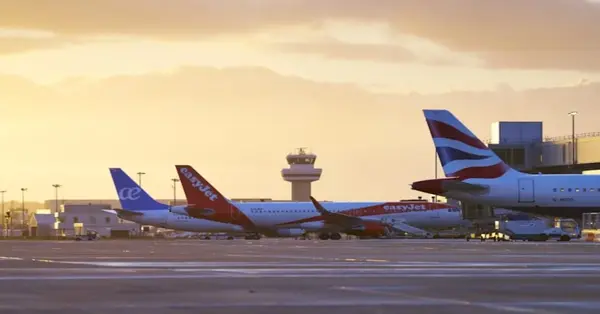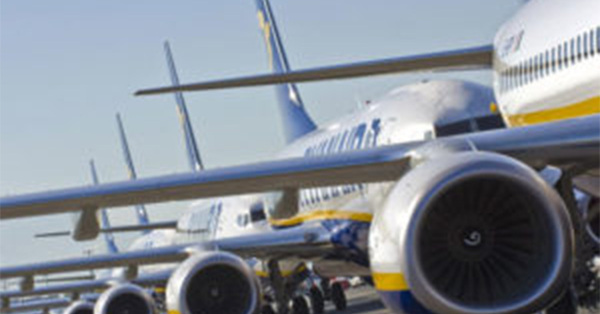You are viewing 1 of your 2 free articles
Analysis: SAF mandate beset by contradiction
The government's sustainable aviation fuel (SAF) mandate, confirmed on April 25, "will drive UK demand for SAF, secure carbon savings and provide investor confidence” in UK SAF production, according to transport secretary Mark Harper.
He posed the production of fuel from municipal, agricultural and forestry waste, industrial processes and carbon captured from the atmosphere as a counter to those who "think you should deal with sustainability by reducing people's ability to fly”.
However, there is a fundamental contradiction at the heart of the mandate and proposals for a SAF ‘revenue certainty mechanism' published alongside it. The government wants to ensure a price for SAF that is attractive to investors. But it also wants to claim there will be no long-term impact on the cost of flying.
The mandate sets annual targets for fuel suppliers to blend SAF with oil-derived jet fuel – 2% in 2025, 10% by 2030, 15% in 2035 and 22% by 2040. No targets are set beyond that to "reduce the risk of undermining the industry by having to reduce targets, should they prove too ambitious”.
The government concedes: "SAF may be more expensive than traditional jet fuel.” But it suggests: "We do not expect this to have a large impact on costs for airline passengers providing sufficient SAF is available.
"In a scenario where there is a shortage of SAF, there could theoretically be more significant increases in consumer costs. To prevent this, the government would immediately review the mandate [and] could alter key parameters to ensure price rises don't happen.”
There will be a ‘buy-out' mechanism to allow fuel suppliers to meet their obligations when "unable to secure SAF”, with a buy-out price set at £5,875 per tonne.
That compares with a current average SAF price in Europe of $1,769 (£1,411) per tonne, about three times the price of fossil jet fuel, and therefore not cheap.
While stressing the "strict sustainability criteria” for SAF feedstocks, the government has set a low minimum threshold for greenhouse gas (GHG) savings of just 40% compared with fossil kerosene, despite claiming the average SAF saving on emissions will be 70%.
It acknowledges the risk of ‘tankering' by airlines to avoid the higher costs of SAF – taking on additional fuel when flying to the UK to avoid refuelling before departure.
Yet despite noting this "could significantly reduce the impact on emissions reductions” and the EU will require airlines to refuel before departing, the government "does not consider any mitigation measure appropriate at this stage”.
The consultation on a revenue certainty mechanism notes commercial SAF plants cost up to £2 billion, run at a loss "during their first years” and rely on debt financing "requiring significant mitigation against risk”.
SAF is expected to contribute just 17% of the UK's reduction in aviation emissions by 2050.


















